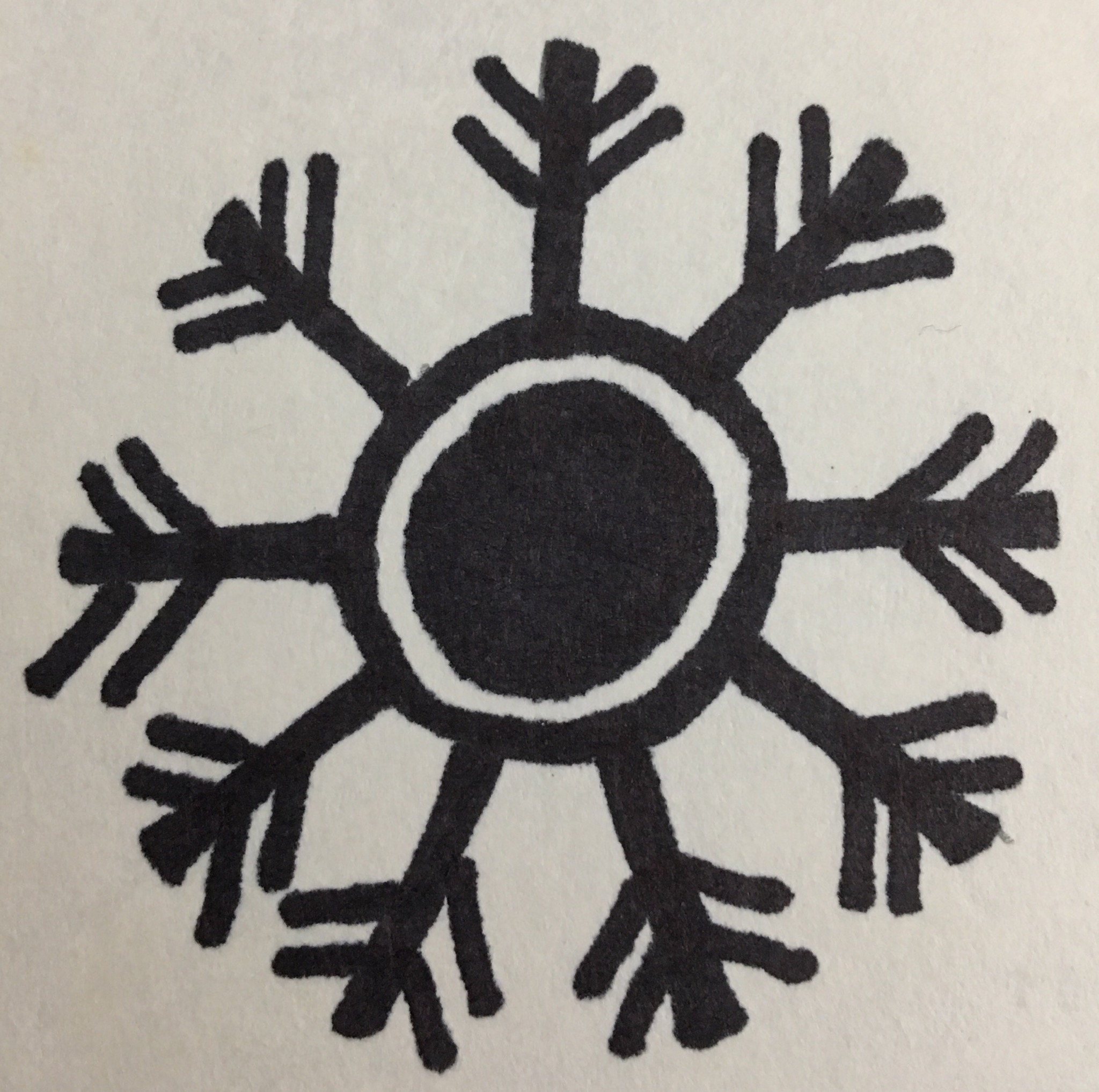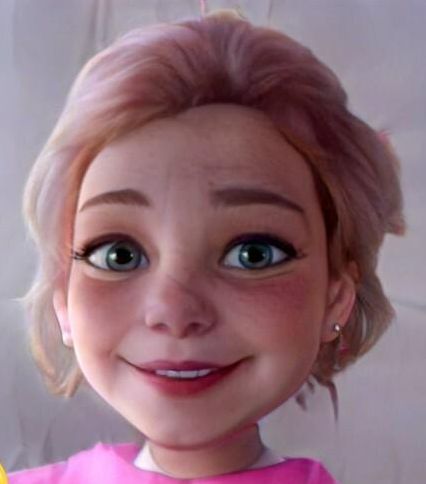The penitent demons and the stone-hearted dragon
The Smith is an archetypical god - the figures in xeir myths are unnamed so that believers may place themselves into the myth and embody their lessons.
The myth
In the town, there was a cheat and a gambler. He womanised, abusing his wife, and drank to excess, abusing himself. He used his community to further himself, cheating his neighbours of money and taking far beyonf his needs from the communal places. He hoarded his gains and, when his community called out to him to put back what belonged to all, he wielded it against them. He offered his ill-gotten money to his neighbours to protect him from the righteous wrath of others. THey accepted and tok his money but, as they did so, the coins seared their skin, spilling blood into the gutter and burning flesh into scales. The miser becamea great, stone-scaled dragon and his neightbours became a flight of demons, and they descended on the townsfolk and drove them from their homes. Without community and care, the abundant fruit trees withered and died, and the demons began to starve. They turned to the exiled townsfolk again, taking and taking again, stealing their crops and their children to sate their endless hunger. Heroes came from far and wide in an attempt to slay the demons, but each battle made them stronger as they overpowered the heroes, or tempted them to join their side, and added the heroes' enchanted weapons and armour to their hoard. Eventually, the townsfolk were forsaken by heroes and told to make peace by sacrificing the least of their children to the demons in order to appease their hunger and spare the rest of them. Though this seemed tolerable to the heroes - who stood no chance of being deemed the "least" of their kind - the townsfolk refused. They would not allow any of their own to become food for demons, and they would reclaim what they had lost. Though the townsfolk tried to rebuild their homes away from the demons, the creatures continued to attack, tearing down homes and barns and schools in search of food and treasure. Seeing that the creature gained in strength as its hoard increased, the bravest of the townsfolk returned to the lost township and began to remove the demons' hoard piece by piece. With each item removed, the demons' strength dwindled and their anger increased. They became paranoid and suspicious, turning on each other and driving the weakest of their own out into the night, to be preyed upon by the creatures that lurk in the dark. The townsfolk siezed the outcast demon, who was now no more human than an ox and barely stronger than an ass, and brought it home with them. They shackled it so it could not harm them and put it to work in the fields, rebuilding the farms that the demons had razed. When the first harvest came in, the townsfolk held a feast. They brought the ox-demon indoors and fed it the food of men, whereupon it turned back into their neighbour. Though she attempted to hide her face in shame, the townsfolk would not let her. They brought the neightbour into the light and warmth of their homes and returned her clothes to her. She had wronged the town and, by rebuilding the farms, righted her wrongs. Seeing the new town' prosperity, the demons attempted to raid it and again take what belonged to the community, but they were repelled by the townsfolk wearing the heroic armour they had taken from the demons' hoards. The least of the demons fell to their weapons, and the greater mass abandoned them to the mercy of the town. The town broke the demon's venomous fangs so it could not harm them, and put it to work rebuilding the schoolhouse. When the first of the children had learned to read and write, the town held a feast. They brought the toothless demon indoors and fed it the food of men, whereupon it turned back into their neighbour. He attempted to flee in shame, but the townsfolk would not let him. They brought the neighbour into their homes and returned his tools to him. He had wronged the town and, by educating the children, righted his wrongs. Afraid and angry, the great stone dragon turned on the last demon and drove it out. Seeing what the townsfolk had done to the others, it fled to the sea and tried to bargain for passage, but the sea could not be bought. It fled to the mountains and tried to bargain for sanctuary, but the mountain could not be bought. It fled to the heaveans and tried to bargain for peace, but the clouds could not be bought. Exhausted, the demon fell to the earth and the townspeople found it. They muzzled it, so its words cold not sway them, and put it to work rebuilding their temple. When the first prayers were sung, they brought the demon into the temple and fed it the food of men, whereupon it turned back into their neighbour. They cried in shame and attempted to scourge themself in shame, but the townsfolk would not let them. They brought the neighbour into their firelight and and returned their name to them. They had wronged the town and, by rebuilding the temple, righted their wrongs. Fearing for its wealth, the dragon retreated into its hoard. It breathed fire and poison and raged against giving up its spoils. It would whispered lies, offering wealth and power to those who would turn on their their people. It would not come into the light - not even then the neighbours sang to it of their clothes, their tools, and their names - and it would not accept the food of men. The townsfolk returned to their homes, defeated, and the dragon emerged, following. Starved for food and power, the dragon attacked the town, and the townsfolk defended themselves as best they could. The farm-neighbour used her strength to wrestle the dragon the ground. The school-neighbour tore away its armour and exposed its weaknesses. The temple-neighbour used fire and iron to cut away the scales and expose the miser within. The miser wept profusely, though no tears came to his eyes, and then lay still, awaiting his punishment. He was defeated and he was a coward; he would not fight when he had the massed townsfolk against him. The townsfolk offered him work in the fields but he refused. They offered him work in the school, but he refused. They offered him work in the temple, but he refused. He wished only to return to his dragon-shape and his hoard. The townsfolk held a meeting and decided to return to the hoard, hoping to break its spell by using it for the town and trade. They separating the hoard into jars and used the jars to buy seeds and goats foir the farm, books and stylii for the school, and coke and iron for the temple. When they had all they needed, they returned to the room to find it empty but for a withered heart where the hoard had been. The townsfolk took the heart and filled it to the brim with milk and words and warmth, and it began to beat again. At the first beat, the miser howled. At the second, he wailed. At the third, he fled into the wilderness. The townsfolk placed the beating heart in the temple; he had wronged them but, if he ever wished to to make amends, they would accept and return to him his heart.Remove these ads. Join the Worldbuilders Guild






What a beautiful writing style you have! You've captured not only the content of the myth, but the feel of myth as well. Beyond the talent, I love the story you've laid out. How uplifting and encouraging! This is a world I hope to see more of.